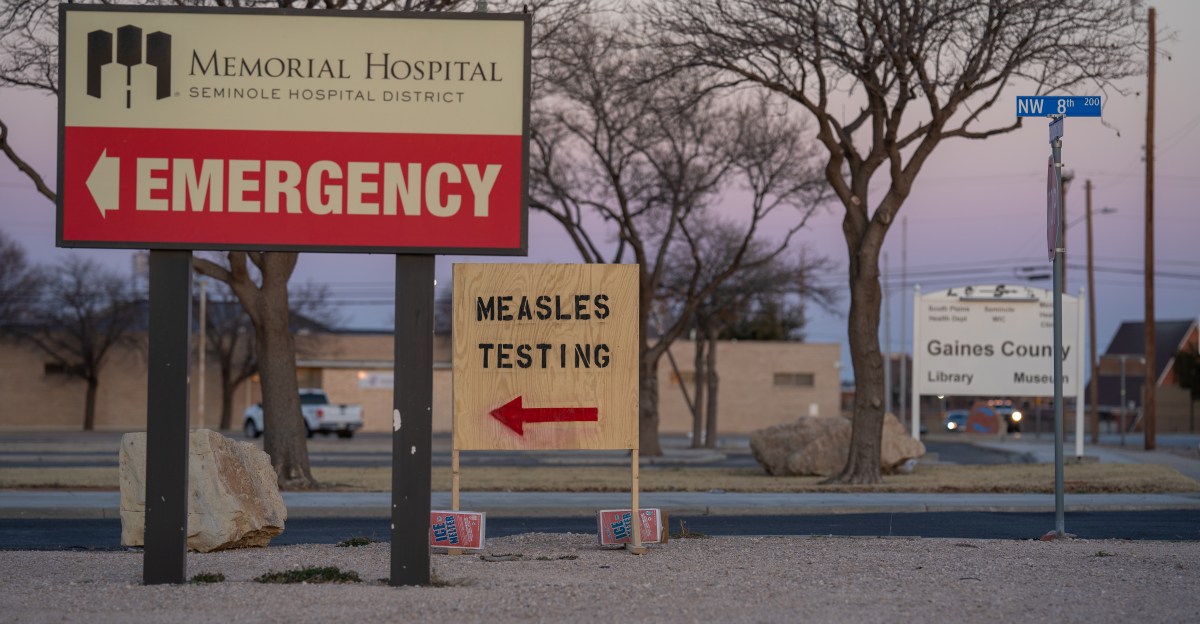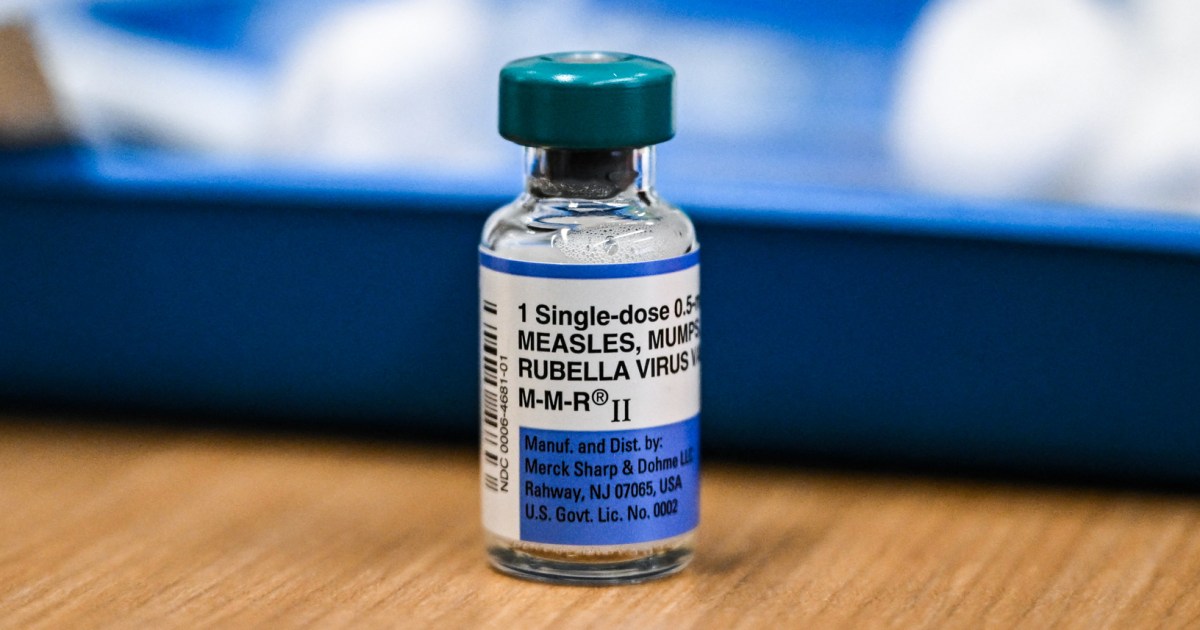Measles Resurgence: Understanding the Increased Threats
In recent years, the world has witnessed a troubling resurgence of measles, a highly infectious viral disease that can lead to severe complications, including pneumonia, encephalitis, and even death. The World Health Organization (WHO) reported a significant rise in measles cases globally, raising alarms about public health and community safety. To navigate this growing concern, it’s essential to uncover the hidden dangers associated with measles and explore the proactive steps we can take to protect ourselves and our communities.
What Is Measles and Why Is It Making a Comeback?
Measles is caused by the measles virus, which spreads through respiratory droplets when an infected person coughs or sneezes. The virus can linger in the air or on surfaces for hours, making it incredibly contagious. Prior to the widespread use of the measles vaccine in the 1960s, measles was a common childhood illness, leading to millions of cases each year. However, vaccination efforts significantly reduced its prevalence.
So, why are we seeing a resurgence? Several factors contribute to this alarming trend:
- Vaccine Hesitancy: Misinformation about vaccine safety and efficacy has led to increased hesitancy among parents, resulting in lower vaccination rates.
- Global Travel: Increased international travel can introduce the virus into communities with low vaccination coverage.
- Public Health Infrastructure Strain: The COVID-19 pandemic has diverted resources and attention from routine immunization programs, allowing gaps in vaccine coverage to widen.
The Hidden Dangers of Measles
While many may view measles as a mild childhood illness, the reality is far more serious. The hidden dangers of measles extend beyond the immediate symptoms of fever, rash, and cough. Complications can occur in about one in three cases, particularly in young children and immunocompromised individuals.
- Pneumonia: This is the most common complication of measles, occurring in approximately 1 in 20 infected individuals. It can be life-threatening, especially for young children.
- Encephalitis: This rare but severe complication can occur in 1 in 1,000 cases, potentially leading to permanent brain damage or death.
- Subacute Sclerosing Panencephalitis (SSPE): A rare neurological disorder that can develop 7 to 10 years after a measles infection, leading to progressive neurological decline and eventually death.
Moreover, measles can compromise the immune system, increasing susceptibility to other infections. This phenomenon, known as “immune amnesia,” can last for months, further endangering public health.
Essential Precautions to Protect Yourself and Your Community
Understanding the risks associated with measles is only the first step. Here are essential precautions you can take to safeguard yourself and your community:
1. Vaccination: The Best Defense
The measles, mumps, and rubella (MMR) vaccine is highly effective in preventing measles. The vaccine is typically administered in two doses:
- First dose at 12-15 months of age
- Second dose at 4-6 years of age
It’s crucial to ensure that both children and adults are up to date with their vaccinations. If you are unsure of your vaccination status, consult your healthcare provider.
2. Stay Informed
Being informed about measles outbreaks in your area can help you take appropriate precautions. Local health departments often provide updates on vaccination clinics and any reported cases. Following reputable health organizations on social media can also keep you updated.
3. Practice Good Hygiene
Measles spreads easily, so practicing good hygiene is vital:
- Wash your hands frequently with soap and water.
- Use hand sanitizer when soap is unavailable.
- Avoid close contact with individuals who show signs of illness.
4. Promote Vaccination in Your Community
Engaging in community outreach can significantly impact vaccination rates. Here are some ways to promote vaccination:
- Organize informational sessions about the importance of vaccines.
- Share resources from public health organizations to dispel myths about vaccines.
- Encourage local schools and organizations to host vaccination clinics.
The Role of Healthcare Providers
Healthcare providers play a crucial role in combating the measles resurgence. They can ensure that patients are informed about the importance of vaccinations and address any concerns regarding vaccine safety. Additionally, providers should proactively check vaccination records during routine visits and recommend catch-up vaccinations for those who are behind.
Conclusion: A Collective Responsibility
The resurgence of measles is a reminder of the importance of collective responsibility in public health. By understanding the dangers associated with this disease and taking proactive steps, we can protect ourselves and those around us. Vaccination remains the most effective tool in preventing measles outbreaks, and community engagement is vital in promoting vaccination efforts.
As we move forward, let us work together to ensure that measles does not return to being a common illness. By staying informed, practicing good hygiene, and advocating for vaccinations, we can safeguard our health and the health of our communities. The fight against measles resurgence is not just a medical issue; it’s a community commitment. Together, we can create a healthier future for all.
See more WebMD Network



